Maxim Vorobiev - "Raising Of Columns To St Isaac's Cathedral" (1838)

Maxim Vorobiev - "Raising of Columns to St Isaac's Cathedral" (1838)
More Posts from Ancientpansy and Others






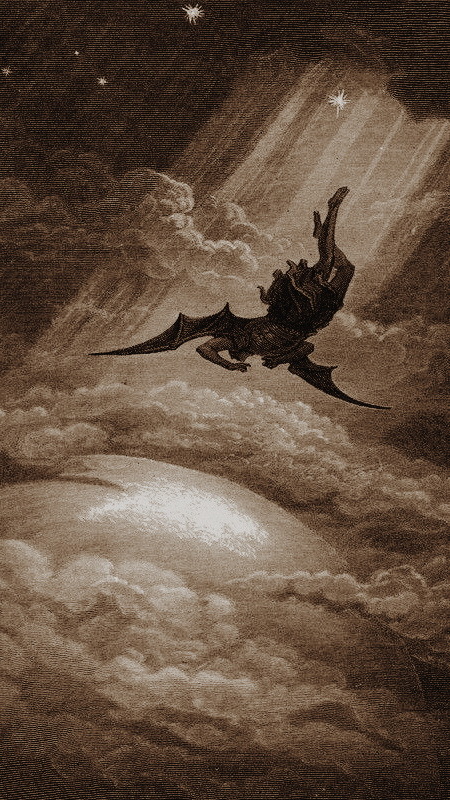
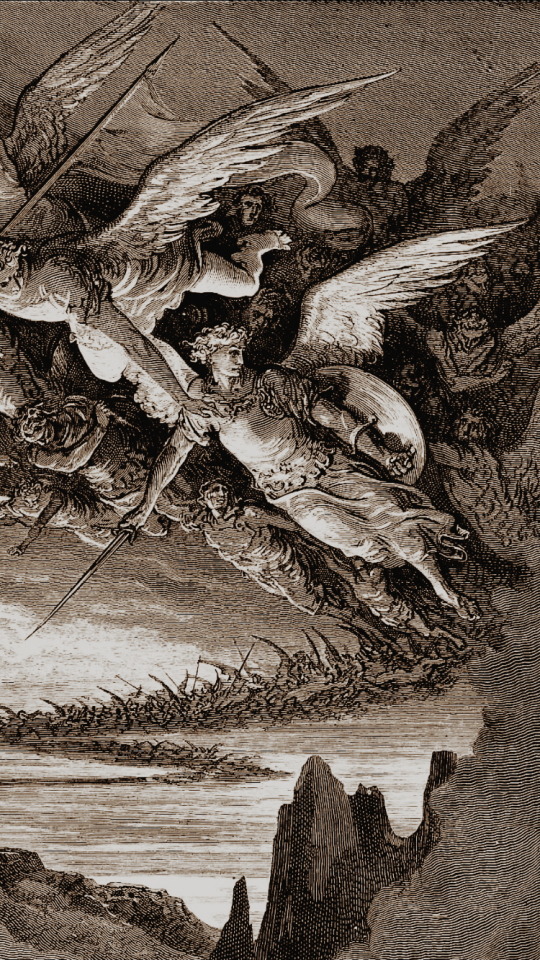

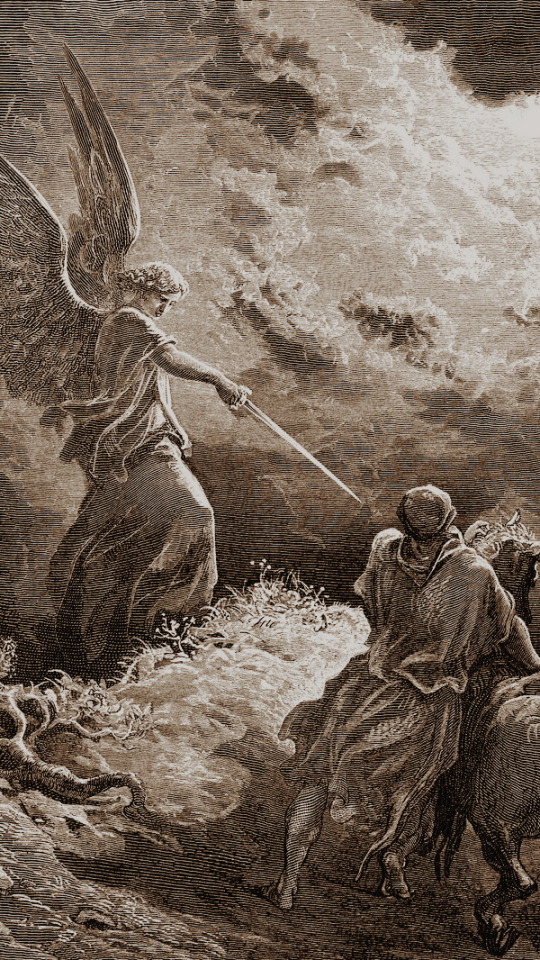



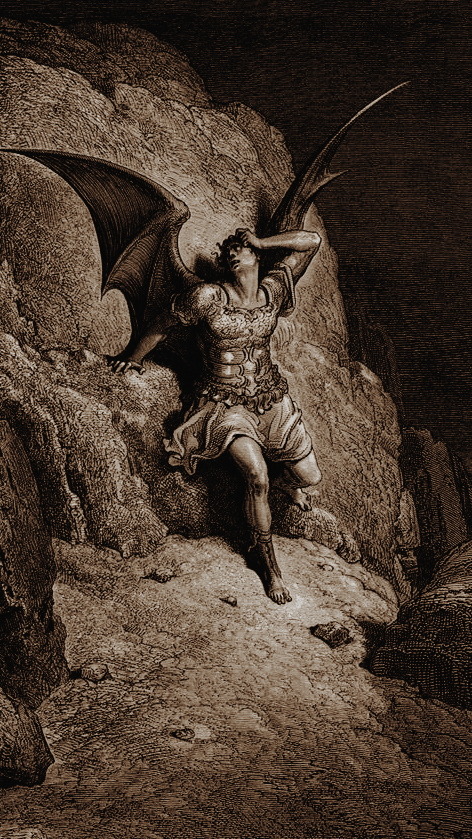
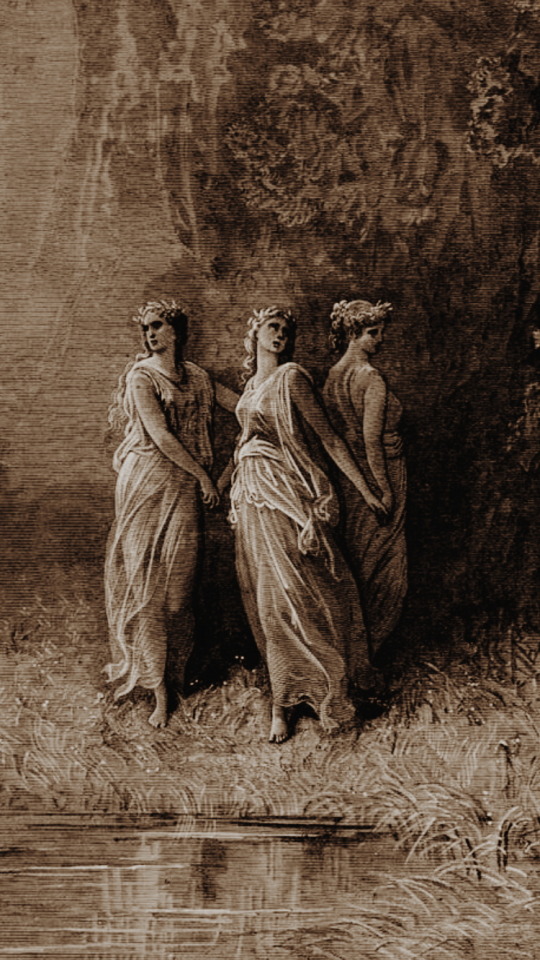
Gustave Doré illustrations.
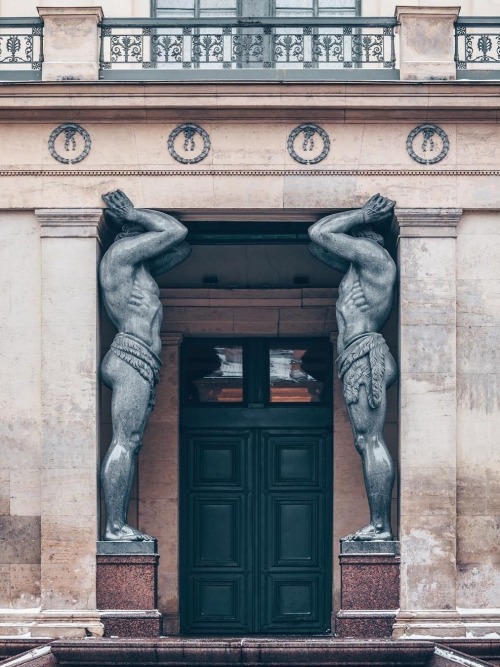
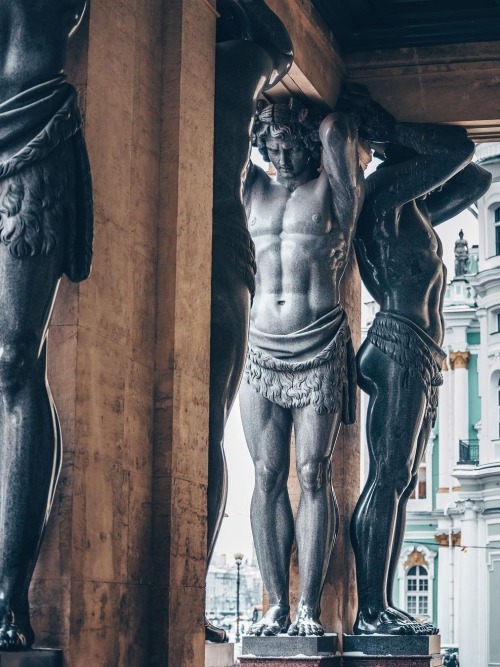
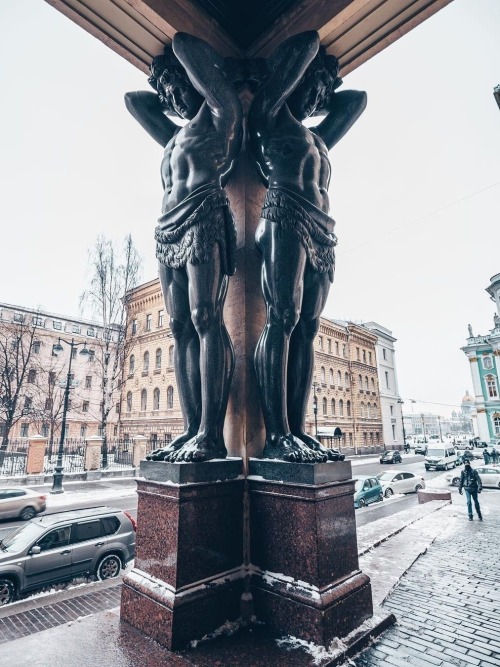
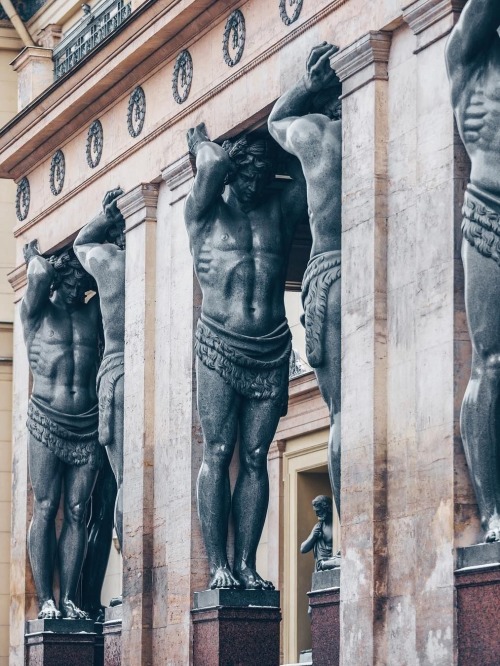
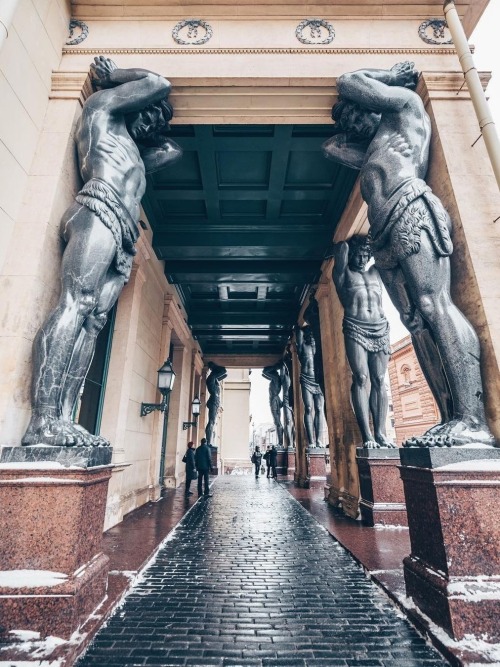
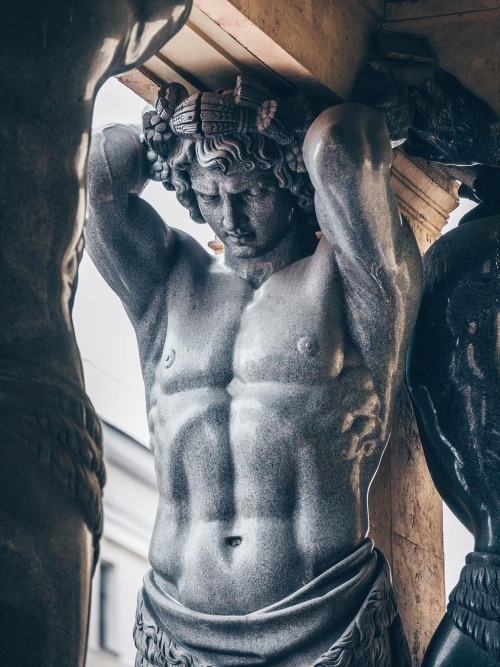
Atlas Statues outside the Hermitage Museum, Saint Petersburg
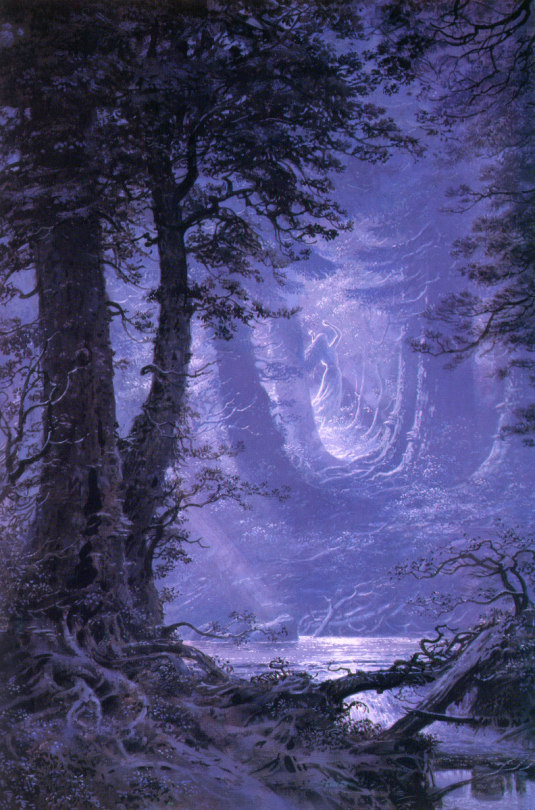
By Moonlight in Neldoreth Forest - Ted Nasmith

A phenomenally enameled silver Swept-hilt Rapier, Germany, ca. 1606, housed at the Staaliche Kunstsammlungen Dresden.

A View of Naples through a Window, 1824. Franz Ludwig Catel

Romeo and Juliet on the Balcony (1886) by Julius Kronberg






𝔱𝔥𝔢 𝔞𝔯𝔠𝔥𝔦𝔱𝔢𝔠𝔱


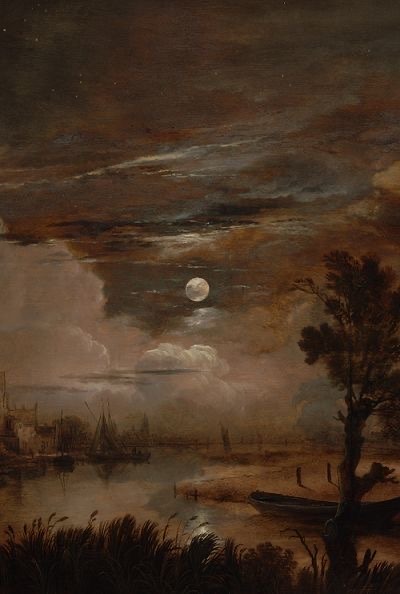
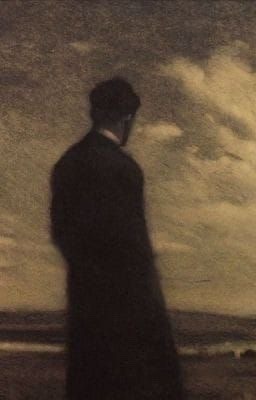
“I wish you to know
that you have been the last dream of my soul.”
—Charles Dickens, A Tale of Two Cities
At 40, Franz Kafka (1883-1924), who never married and had no children, was walking through a park one day in Berlin when he met a girl who was crying because she had lost her favourite doll. She and Kafka searched for the doll unsuccessfully.
Kafka told her to meet him there the next day and they would come back to look for her.
The next day, when they had not yet found the doll, Kafka gave the girl a letter "written" by the doll saying "please don't cry. I took a trip to see the world. I will write to you about my adventures."
Thus began a story which continued until the end of Kafka's life.
During their meetings, Kafka read the letters of the doll carefully written with adventures and conversations that the girl found adorable.
Finally, Kafka brought back the doll (he bought one) that had returned to Berlin.
"It doesn't look like my doll at all," said the girl.
Kafka handed her another letter in which the doll wrote:
"my travels have changed me." The little girl hugged the new doll and brought the doll with her to her happy home.
A year later Kafka died.
Many years later, the now-adult girl found a letter inside the doll. In the tiny letter signed by Kafka it was written:
"Everything you love will probably be lost, but in the end, love will return in another way."

-
 g-sepps liked this · 1 week ago
g-sepps liked this · 1 week ago -
 katherinetirryl reblogged this · 2 weeks ago
katherinetirryl reblogged this · 2 weeks ago -
 xolyiah reblogged this · 2 weeks ago
xolyiah reblogged this · 2 weeks ago -
 xolyiah liked this · 2 weeks ago
xolyiah liked this · 2 weeks ago -
 piwichu reblogged this · 2 weeks ago
piwichu reblogged this · 2 weeks ago -
 piwichu liked this · 2 weeks ago
piwichu liked this · 2 weeks ago -
 maybesomesunday liked this · 2 weeks ago
maybesomesunday liked this · 2 weeks ago -
 sphinxnomore liked this · 2 weeks ago
sphinxnomore liked this · 2 weeks ago -
 denbeers liked this · 2 weeks ago
denbeers liked this · 2 weeks ago -
 zeroand1 liked this · 2 weeks ago
zeroand1 liked this · 2 weeks ago -
 manuelcervero liked this · 2 weeks ago
manuelcervero liked this · 2 weeks ago -
 mch13 liked this · 2 weeks ago
mch13 liked this · 2 weeks ago -
 beethebee23 liked this · 2 weeks ago
beethebee23 liked this · 2 weeks ago -
 stardustmanblue liked this · 2 weeks ago
stardustmanblue liked this · 2 weeks ago -
 macmanusf-blog reblogged this · 2 weeks ago
macmanusf-blog reblogged this · 2 weeks ago -
 macmanusf-blog liked this · 2 weeks ago
macmanusf-blog liked this · 2 weeks ago -
 granstromjulius liked this · 2 weeks ago
granstromjulius liked this · 2 weeks ago -
 inguin reblogged this · 2 weeks ago
inguin reblogged this · 2 weeks ago -
 the-twohalves reblogged this · 2 weeks ago
the-twohalves reblogged this · 2 weeks ago -
 the-twohalves liked this · 2 weeks ago
the-twohalves liked this · 2 weeks ago -
 laperlla reblogged this · 2 weeks ago
laperlla reblogged this · 2 weeks ago -
 thefallingtears reblogged this · 2 weeks ago
thefallingtears reblogged this · 2 weeks ago -
 thefallingtears liked this · 2 weeks ago
thefallingtears liked this · 2 weeks ago -
 art-is-anything reblogged this · 2 weeks ago
art-is-anything reblogged this · 2 weeks ago -
 ashestodust2468 liked this · 2 weeks ago
ashestodust2468 liked this · 2 weeks ago -
 ancientpansy reblogged this · 2 weeks ago
ancientpansy reblogged this · 2 weeks ago -
 ancientpansy liked this · 2 weeks ago
ancientpansy liked this · 2 weeks ago -
 itsyaboyeric reblogged this · 2 weeks ago
itsyaboyeric reblogged this · 2 weeks ago -
 itsyaboyeric liked this · 2 weeks ago
itsyaboyeric liked this · 2 weeks ago -
 dailyclassicart reblogged this · 2 weeks ago
dailyclassicart reblogged this · 2 weeks ago
Old things are always in good repute, present things in disfavor. Tacitus
3 posts